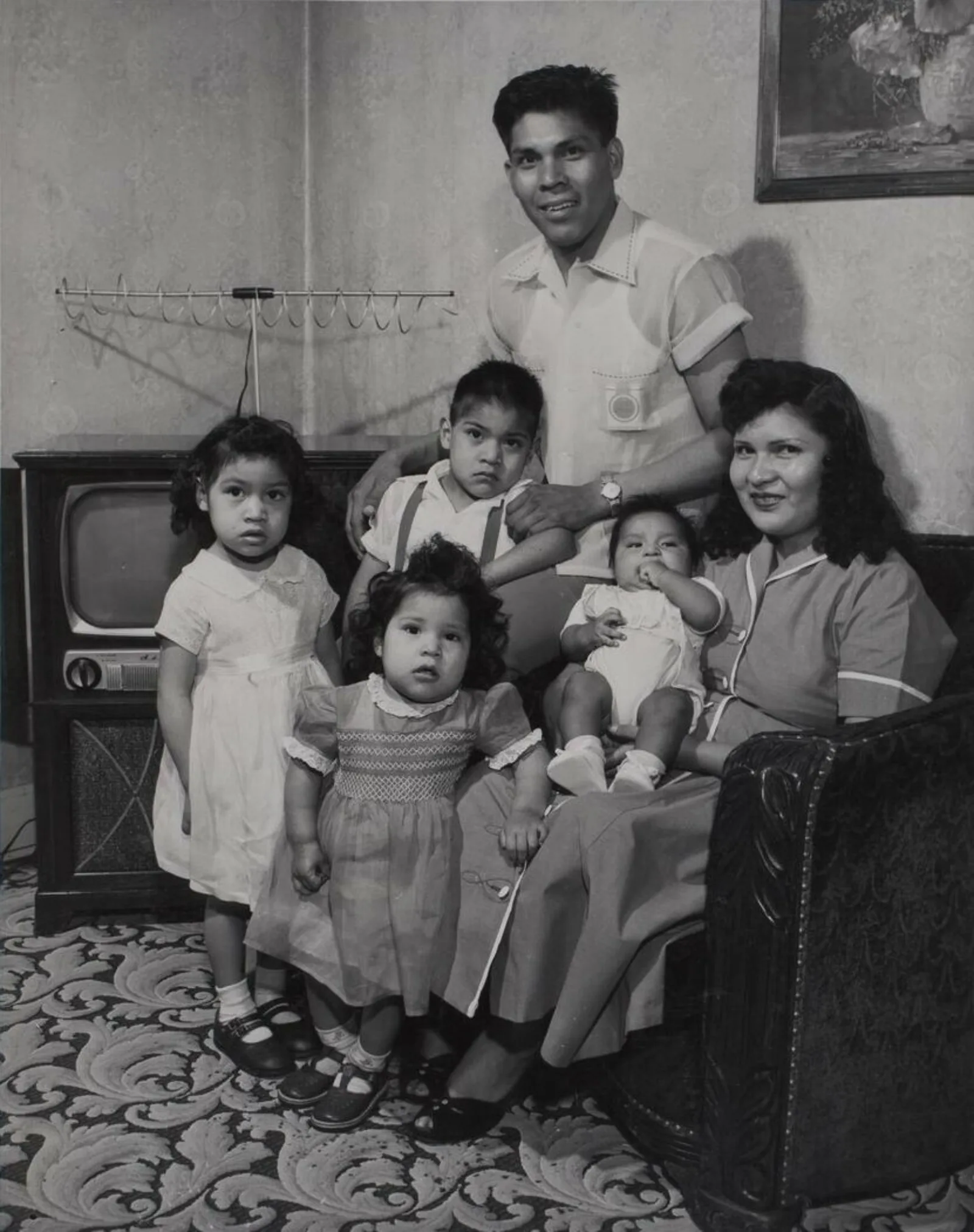Class Description
The time was 1953. The night was Saturday. The event was a Powwow. The place was the Duncan Y. The people were Native Americans from disparate tribes. Many had moved from isolated rural reservations to one of the most densely populated, ethnically diverse, and segregated cities in the nation. The evening was filled with traditional dancing and conversations. In the air was talk about education, finding work, confronting stereotypes, who to date, family relations, community organizing, and Indigenous identity.
This class looks at the quest for self-determination in Chicago by the approximately 8,000 Native Americans who migrated to the city starting in the 1950s. To celebrate the Newberry Library’s exhibition Indigenous Chicago we’ll include an optional class tour of the exhibit. We’ll also have an additional optional class with a Newberry librarian to view and discuss primary source documents. Why did the federal government want Indigenous people to leave reservations for the urban areas? Who came to Chicago during the BIA Relocation Program? What was it like to live with Indigenous people from other tribes? How did Chicagoans react to the new migrants? We’ll answer these questions and more by examining the Relocation Program, employment, education, culture, and the emergence of Intertribal activism.
Dr. Chris Stacey taught Chicago history at DePaul University and the University of Illinois Chicago. Since 2021, he has presented a series of virtual public lectures on Chicago's history. Recently he has held courses on the Illinois Black Panthers, Chicago's independent R & B record companies, and West Side female activism at the Newberry Library.
Materials List
Required
- James B. LaGrand, Indian Metropolis. University of Illinois Press, 2002. ISBN: 9780252072963 (Copies are also available at the Chicago Public Library.)
- Other Instructor-Distributed Materials
First Reading
- Please read the Introduction and Chapter 2 "Relocation and Its Attractions" in Indian Metropolis for our first class.
Cost and Registration
4 Sessions, $200 ($180 for Newberry members, seniors, and students). Learn about becoming a member.
We now offer our classes at three different price options: Regular ($200), Community Supported ($190), and Sponsor ($210). Following the models of other institutions, we want to ensure that our classes are accessible to a wider audience while continuing to support our instructors. You may choose the price that best fits your situation when registering through Learning Stream.
To register multiple people for this class, please go through the course calendar in Learning Stream, our registration platform. When you select the course and register, you’ll be prompted to add another registrant.
Support the Newberry
Your generosity is vital in keeping the library’s programs, exhibitions, and reading rooms free and accessible to everyone.
Make a Gift